Animals
-
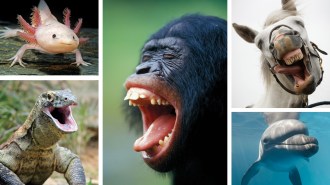 Animals
AnimalsAnimals experience joy. Scientists want to measure it
Scientists have long focused on quantifying fear and other negative emotions in animals. Now they’re trying to measure positive feelings — and it’s a challenge.
By Amber Dance -
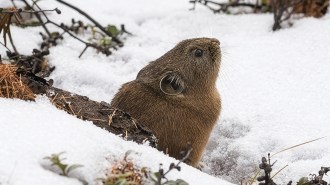 Life
LifeThere’s life beneath the snow, but it’s at risk of melting away
An array of animals and plants survive winter in the subnivium, nature’s igloo. But climate change is threatening this hidden seasonal ecosystem.
- Animals
This tool-using cow defies expectations for bovine braininess
Veronika the cow uses a brush as a tool to scratch herself, revealing rare problem-solving skills and expanding what we know of tool use in animals.
-
 Animals
AnimalsThis fish may play a hole in its head like a drum
The rockhead poacher is a little fish with a big pit in its head. The divot may be like a drum, making sound that rises above a chaotic, nearshore din.
By Jake Buehler -
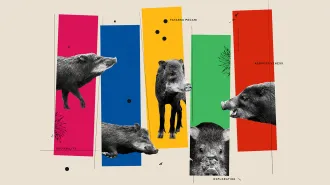 Animals
AnimalsAnimal personalities can play a big role in saving species
From bold foxes to gregarious birds, animals’ personalities are increasingly being seen as crucial to conservation efforts.
-
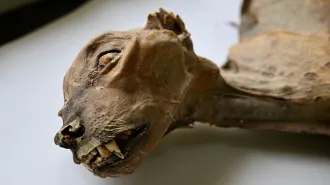 Animals
AnimalsHow cheetah mummies could help bring the species back to Arabia
Arabian cheetah mummies' DNA reveals that the long-lost population could be closely replaced by a cheetah population in northwestern Africa.
By Jake Buehler -
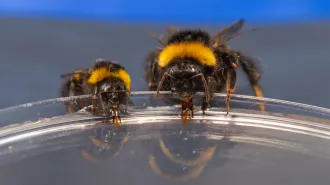 Physics
PhysicsQueen bumblebees are poor foragers thanks to sparse tongue hair
The density of fine hairs on bumblebees’ tongues determines how much nectar they can collect — and workers put queen bees to shame.
- Animals
Among chimpanzees, thrill-seeking peaks in toddlerhood
In humans, teens do the most dangerous things. In chimpanzees, that honor goes to toddlers. The difference may lie in caregiver supervision.
By Sujata Gupta -
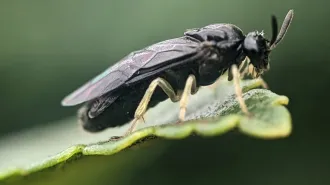 Animals
AnimalsAn all-female wasp is rapidly spreading across North America’s elms
The elm zigzag sawfly has spread to 15 states in five years. Now it's attacking the tree that cities planted to replace Dutch elm disease victims.
By Ute Eberle -
 Animals
AnimalsIn a Quebec park, a science game brings predator-prey dynamics to life
Results show that players’ choices echo predator-prey patterns seen in wildlife, though scientists stress the limits of the analogy.
-
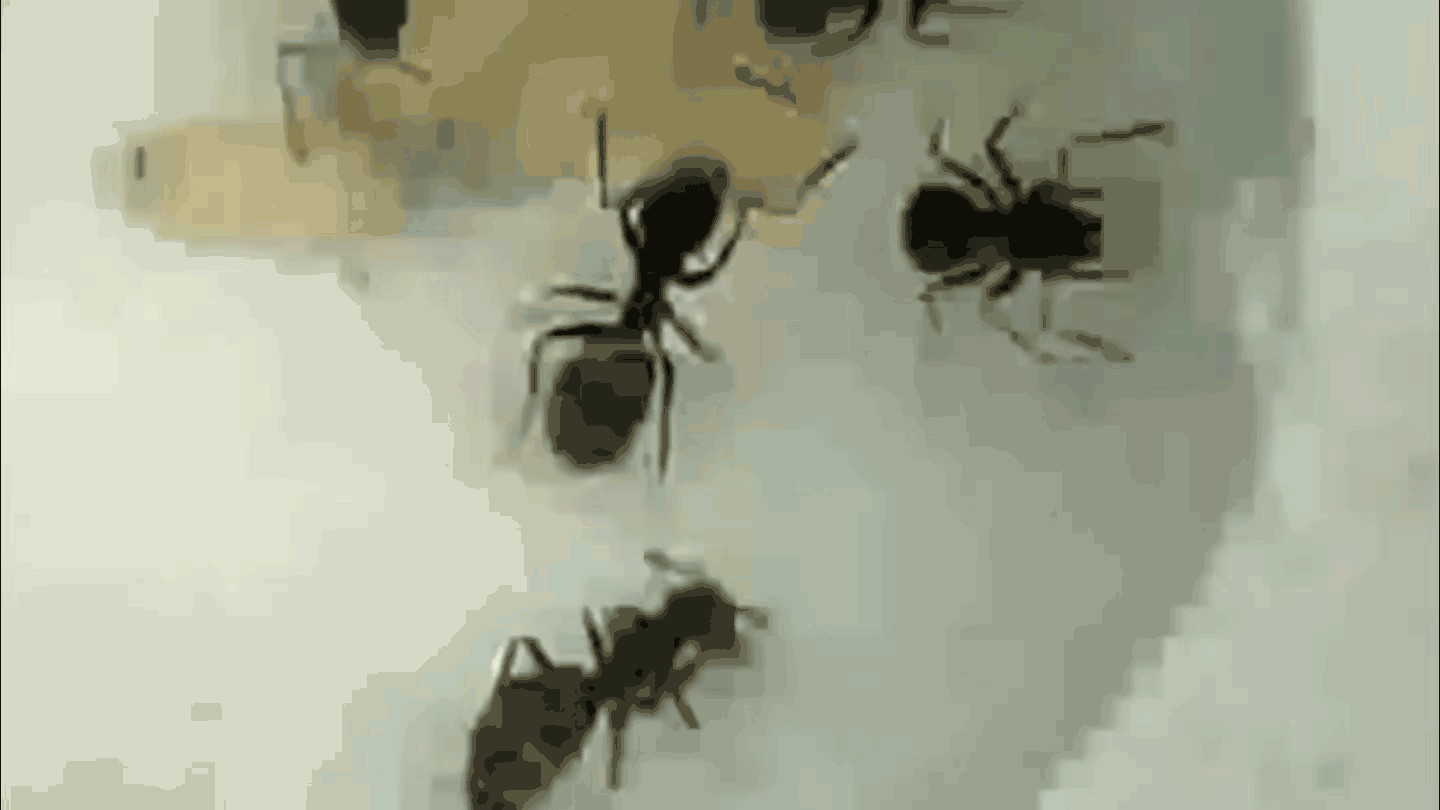 Animals
AnimalsThese sick baby ants sacrifice themselves to protect their colony
When infected by a fungal disease, ant pupae actively emit a chemical cue that prompts workers to get rid of them for the good of the colony.
-
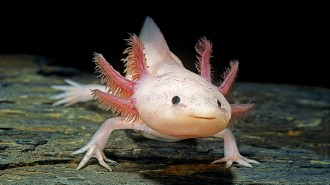 Science & Society
Science & SocietyThese scientific discoveries brought us joy in 2025
Amidst a tough year for science, glimmers of joy burst through in revelations from the silly to the sublime.